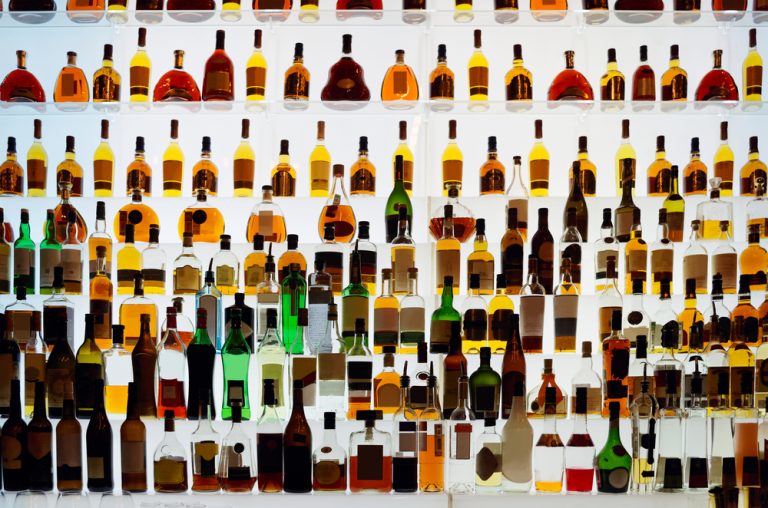Is He or She an Addict First? Or a Narcissist First?
If the person does not want to enter treatment or change, there may not be hope for healing. The best thing to do at that point is to seek out individual therapy for yourself and work on setting firmer boundaries. Are you in a relationship with someone who puts themself and their drinking before others? It can be hard to hold a connection with someone who appears to only think about themselves.
Dual diagnosis
They depend on others for validation; if that’s not forthcoming, their whole world collapses – an experience that drives them to find solace in the bottom of a bottle. Research suggests that narcissists suffer more stress than non-narcissists, possibly because they’re actually more insecure. This shouldn’t come as a surprise when considering why people are driven to drink. Grandiose narcissists are highly concerned with their self-image and how others perceive them.
What are the potential consequences of being in a relationship with a narcissistic alcoholic?
Discover the truth and benefits of early intervention for a brighter future. Discover the disease model of addiction, transforming treatment approaches for lasting recovery. Clinicians work together to ensure all departments provide cohesive and consistent treatment for clients struggling with their surroundings. Therapy is one of the most effective forms of treatment for clients with NPD and co-occurring AUD. Pathways Recovery Center’s residential dual-diagnosis treatment provides clients the support they need to grow, heal, and thrive.
Dealing with the Alcoholic Narcissist

“Object love” is one way to describe relationships narcissists have with others. Instead of genuinely valuing others, they see friends and loved ones as objects through which they experience various aspects of self-love. Individuals with these types of relationships may not consider how their actions affect others. If you know someone who regularly uses alcohol, it’s possible that narcissism might be one of the influencing factors. Research supports the link between some narcissistic traits and alcohol use. On the other hand, the term “alcoholic” describes someone who has an alcohol use disorder (AUD), which is the clinical term for an alcohol addiction.

Recognizing the need for intervention and understanding the available treatment options are important steps towards reclaiming a healthier and more fulfilling life. The consumption of alcohol can lower inhibitions, leading to an amplification of narcissistic traits. The disinhibiting effects of alcohol may intensify grandiose behaviors, impulsive actions, and a lack of consideration for others’ well-being. The altered state of mind induced by alcohol can further impair empathy, increase self-centeredness, and intensify manipulative tendencies.
They may also struggle with feelings of entitlement and have difficulty taking responsibility for their actions. These behaviors are also seen in people with alcoholism (also known as a severe alcohol use disorder) and drug use or substance use disorders. In turn, the attention and validation sought by individuals with narcissistic Sober House traits may be readily available when they consume alcohol. This positive reinforcement from others can further perpetuate their reliance on alcohol as a means of bolstering their ego and maintaining their desired image. Individuals and families affected by NPD and AUD benefit from attending family therapy and support groups.
Empower Yourself: Make a Covert Narcissist Fear You
With AUD, a person’s behavior may change depending on whether they are sober or not. An individual with NPD will display a consistent pattern of narcissistic https://thefloridadigest.com/top-5-advantages-of-staying-in-a-sober-living-house/ behavior. You should start by exploring peer support groups like Al-Anon that help families and loved ones living with people with AUD.
- Understanding the relationship between alcoholism and narcissistic behaviors is crucial in developing effective treatment approaches.
- Simine Vazire and David Funder decided to look into what caused these self-defeating behaviors, asking was it a function of conscious cognitive and affective processes or something else.
- When a narcissist is discarding you, it’s crucial to prioritize self-care and set clear boundaries.
- Another reason narcissists are likely to become alcoholics is their desire to fit in or stand out in social situations.
- We know that dealing with a covert narcissist can be incredibly challenging, especially when it comes to the possibility of them returning after discarding you.
In addition, oral naltrexone may be used to reduce harm from binge drinking. Her research on polysubstance use considers differences between women and men. For example, for women, higher rates of stress and trauma are linked to an increased risk of AUD compared with men. That change, Malkin says, is about learning to open up to and depend on loved ones and friends in healthy ways. “To the extent that you can’t depend on people, you’ll depend on other sources to soothe yourself, like feeling special (narcissism) or watching pornography or getting drunk. But addiction makes us all more narcissistic—willing to lie, steal, cheat, and even exploit others to get our high.”